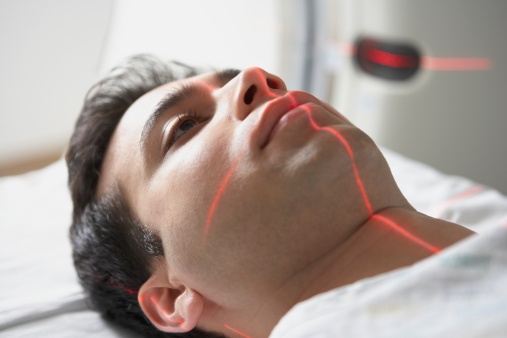 A new study published in the journal Molecular Psychiatry suggests that brain scans that observe biomarkers of brain connectivity might help predict which patients with social anxiety disorders could benefit from cognitive behavioral therapy (CBT).
A new study published in the journal Molecular Psychiatry suggests that brain scans that observe biomarkers of brain connectivity might help predict which patients with social anxiety disorders could benefit from cognitive behavioral therapy (CBT).
Researchers analyzed brain scans of 38 patients who had social anxiety disorders. The team discovered the scans could be used to predict, with 80% accuracy, which patients would most benefit from CBT. After the patients underwent brain scanning, they participated in 12 weeks of group-based CBT.
Researchers used “resting-state” functional magnetic resonance imaging (fMRI) to view connections to the amygdala—the part of the brain that handles fear. The team discovered that patients with a greater connectivity to the amygdala from other parts of the brain were more likely to have reduced symptoms of anxiety after CBT.
The team performed a second analysis using diffusion-weighted magnetic resonance imaging (dMRI). When they examined the dMRI scans, they found that there was a healthier connection between tracts that connect visual cues with emotional responses after receiving CBT.
Each patient was assessed before and after CBT with a behavioral assessment tool called the Liebowitz Social Anxiety Scale (LSAS). Higher LSAS scores indicated more severe social anxiety and typically associated with improvement following CBT.
Sources for Today’s Article:
Whitfield-Gabrieli, S., et al., “Brain connectomics predict response to treatment in social anxiety disorder,” Molecular Psychiatry, doi:10.1038/mp.2015.109, http://www.nature.com/mp/journal/vaop/ncurrent/full/mp2015109a.html, published online August 11, 2015.
Paddock, C., “Brain scans may help predict success of therapy for psychiatric disorders,” Medical News Today web site, August 13, 2015; http://www.medicalnewstoday.com/articles/298072.php.
